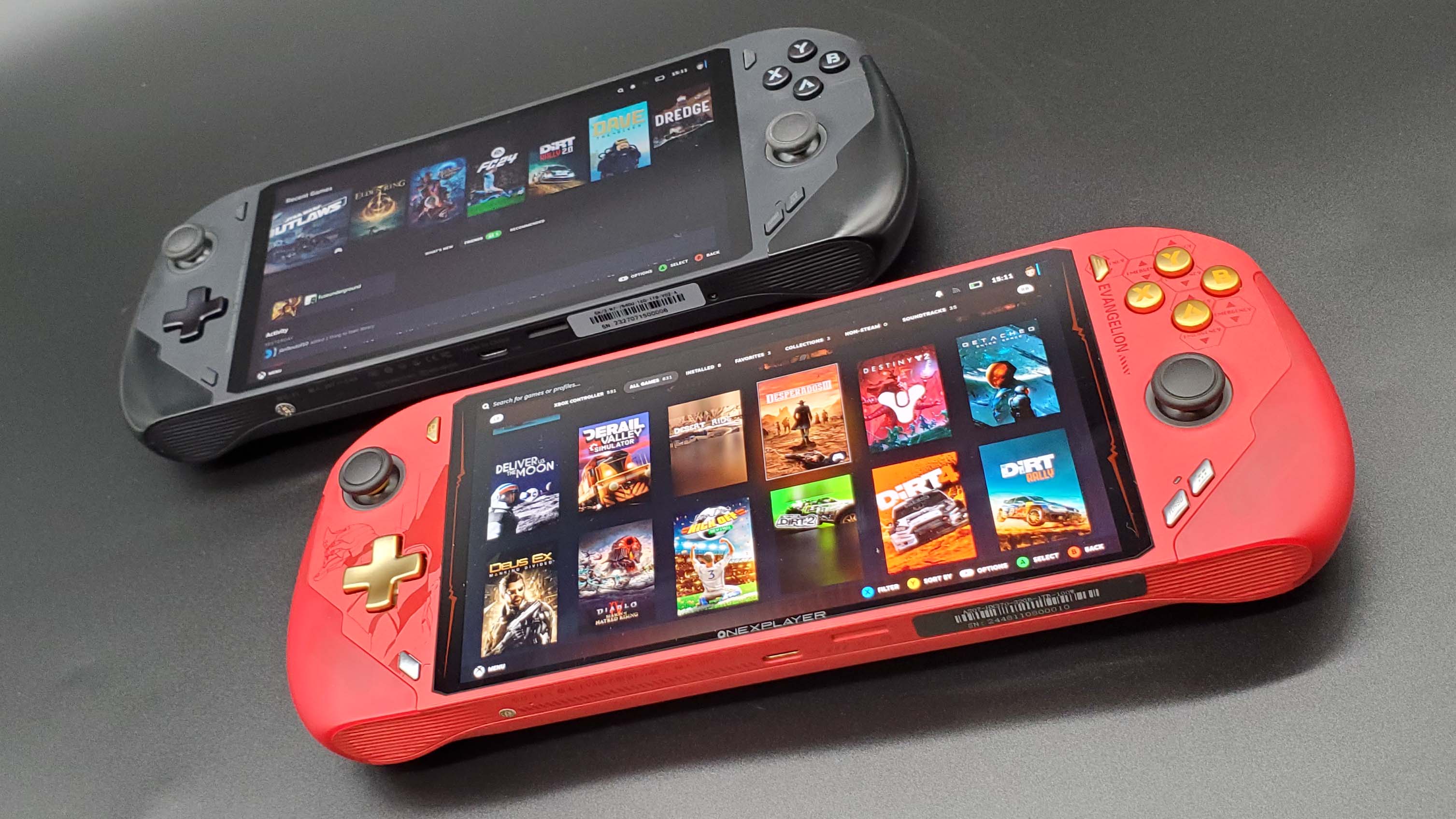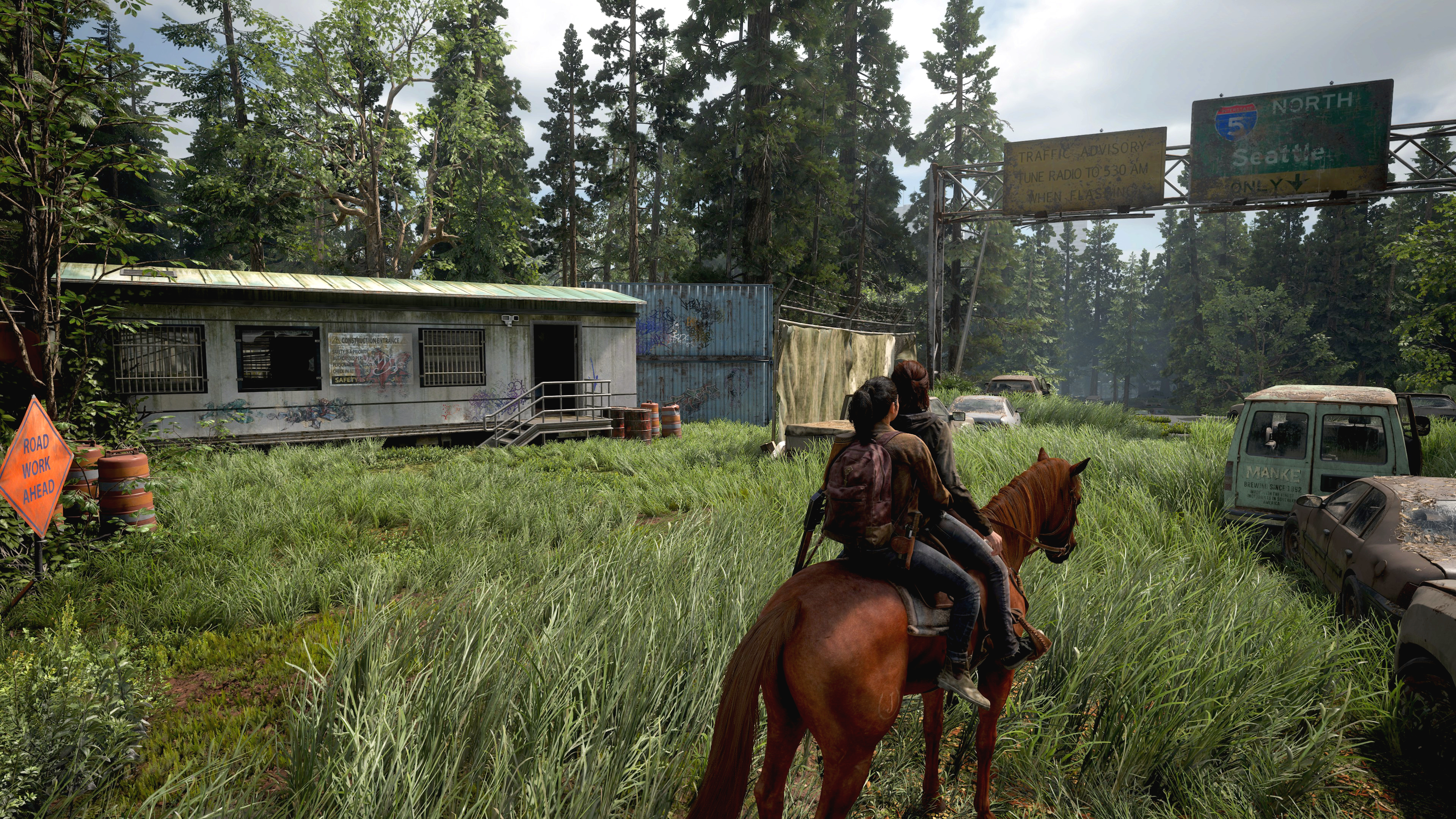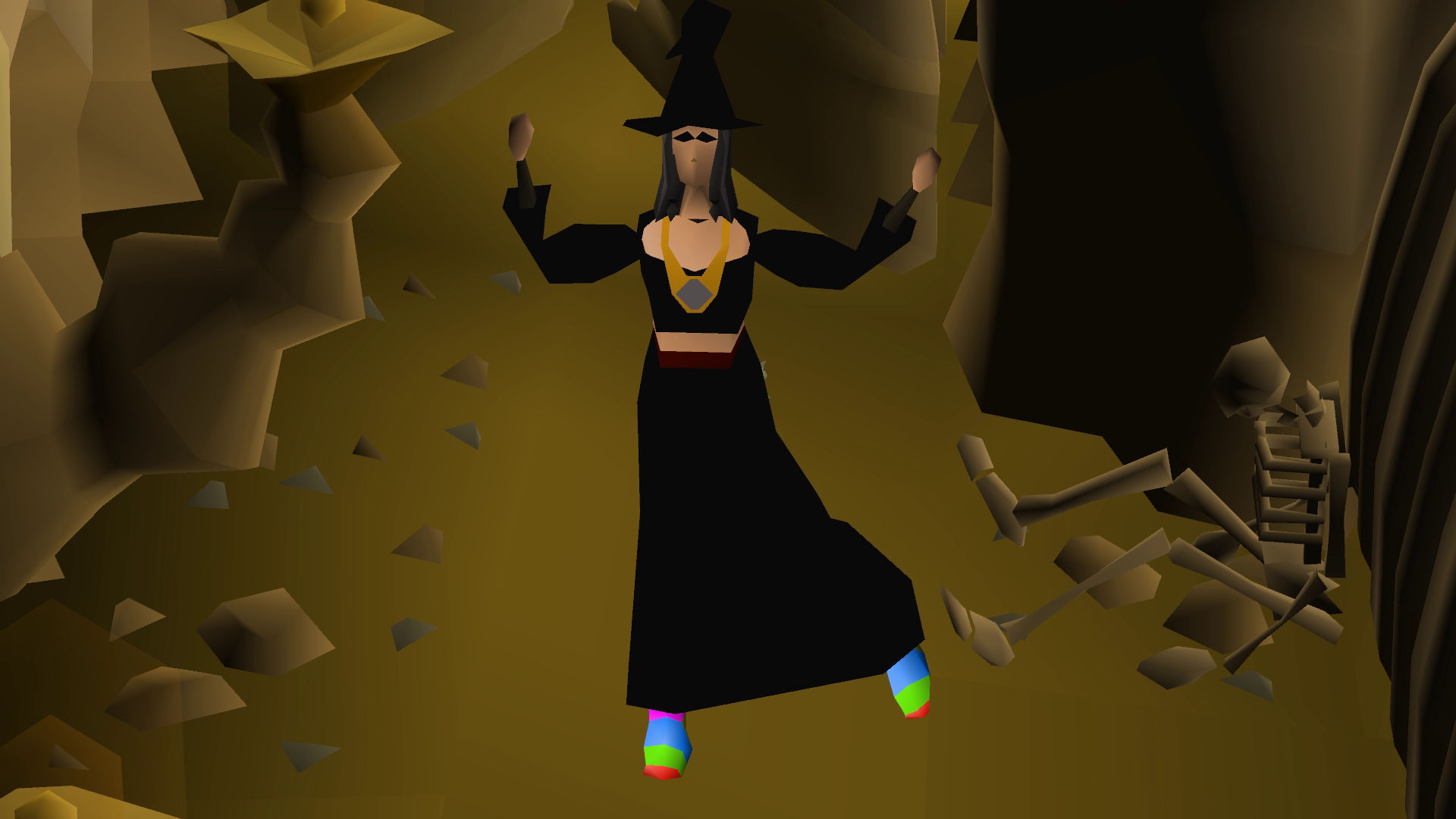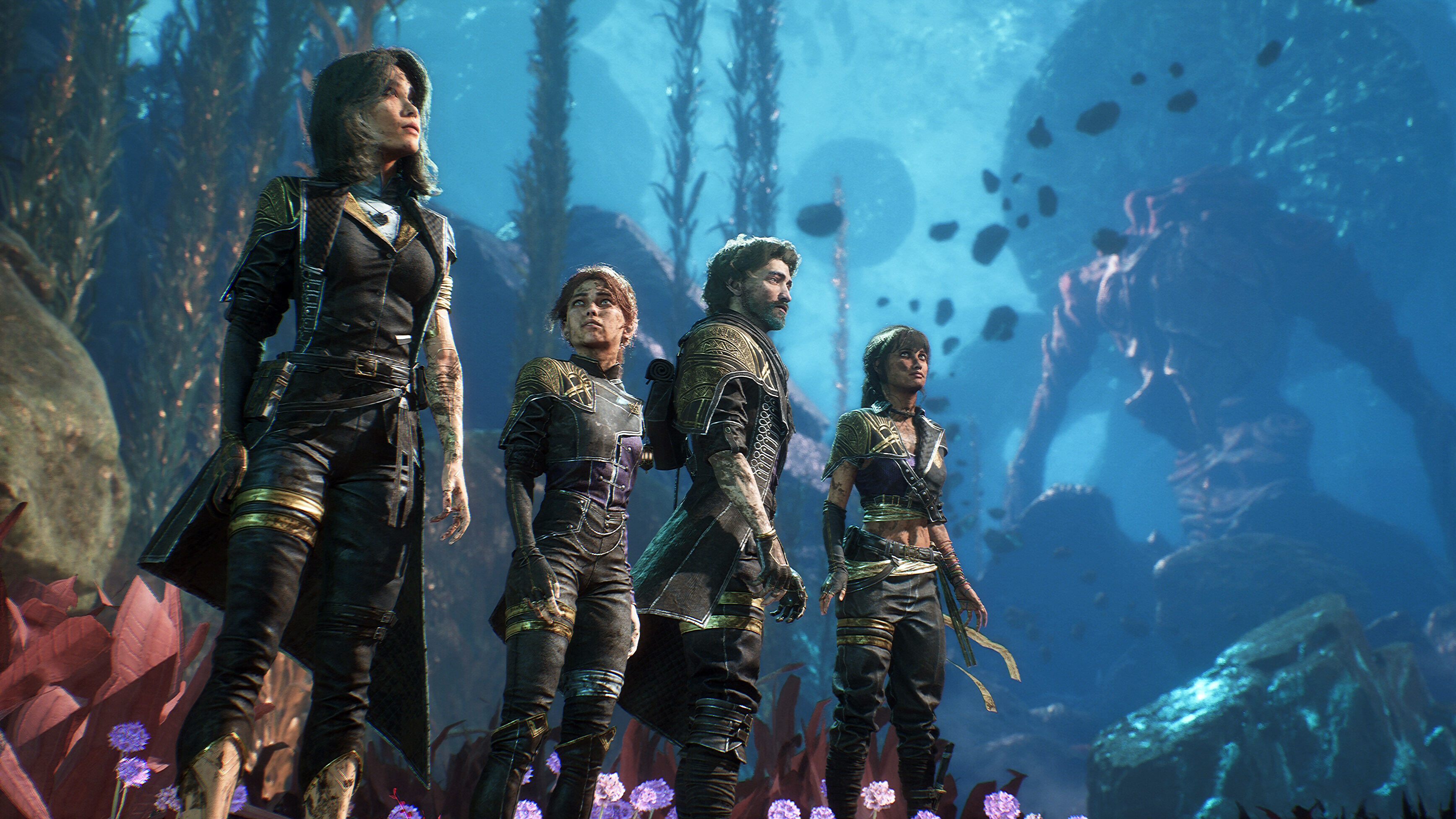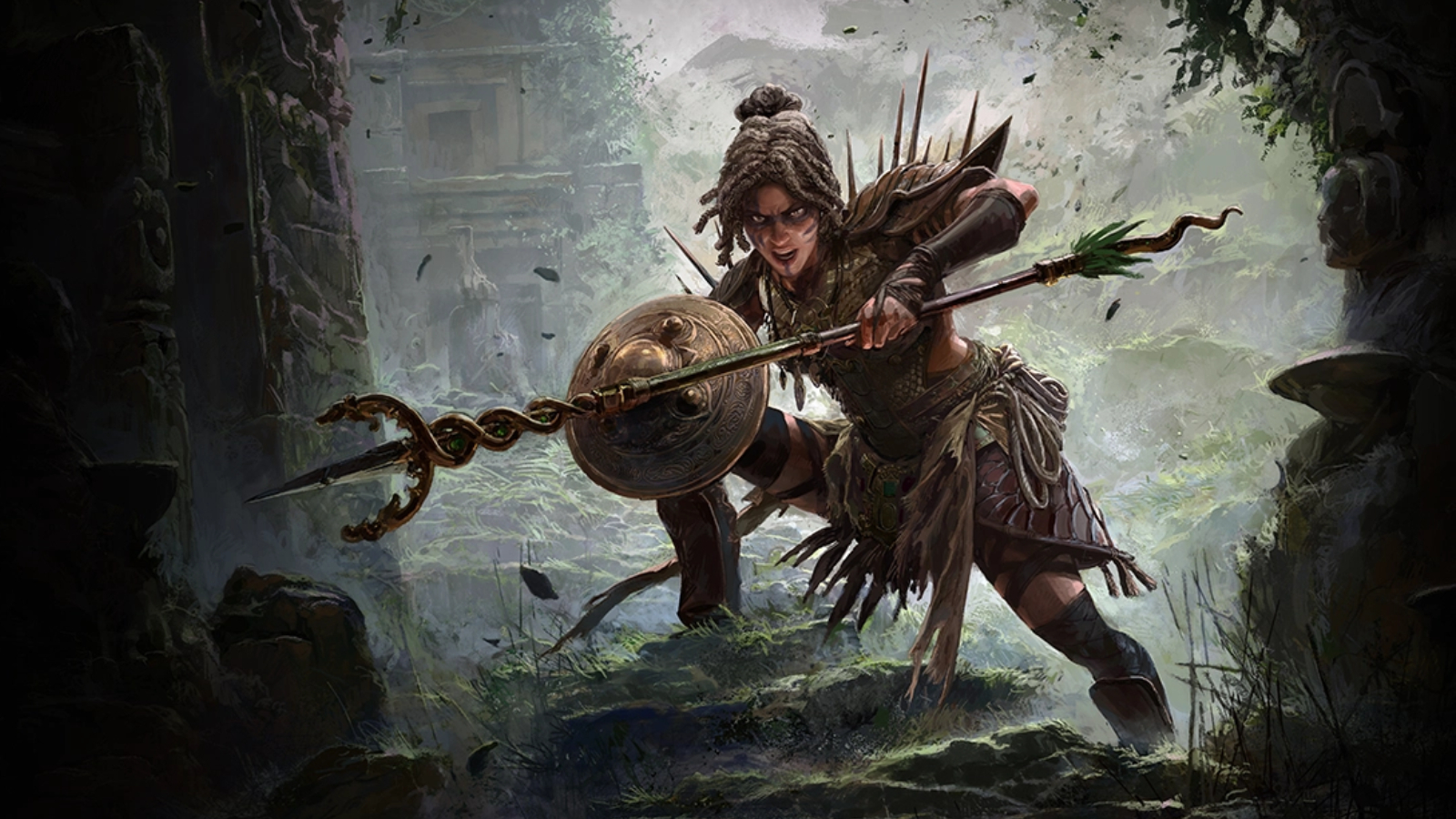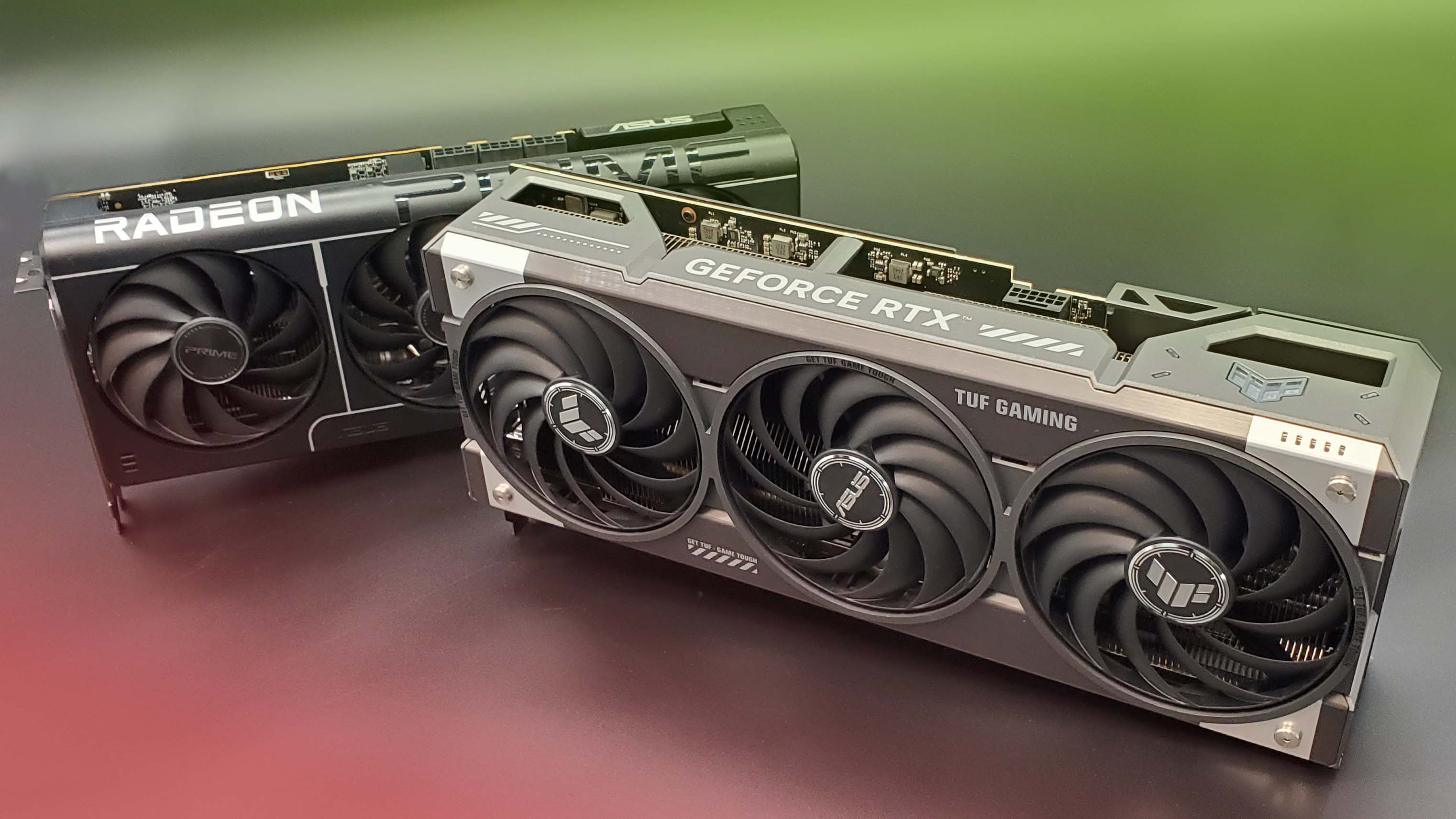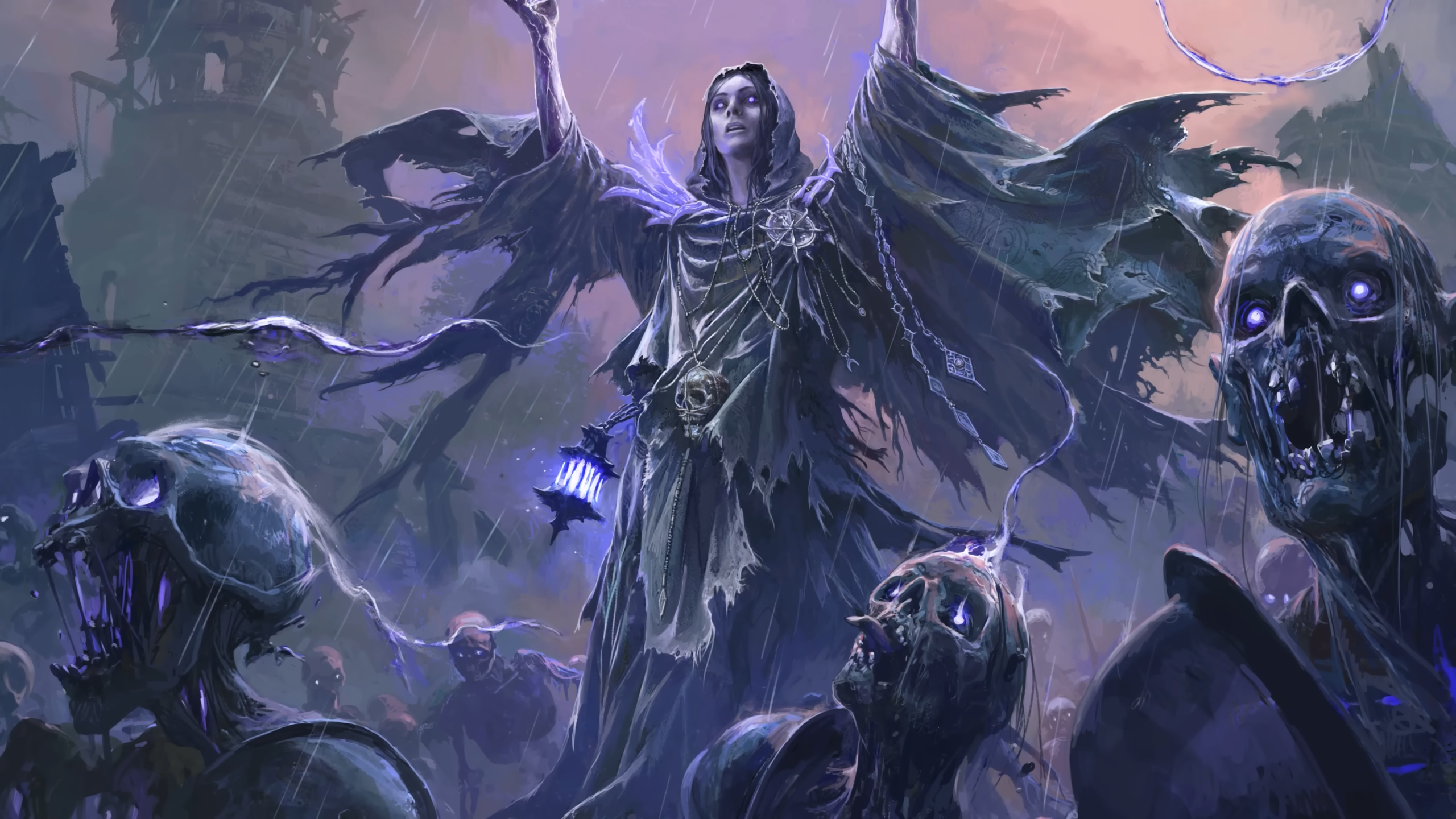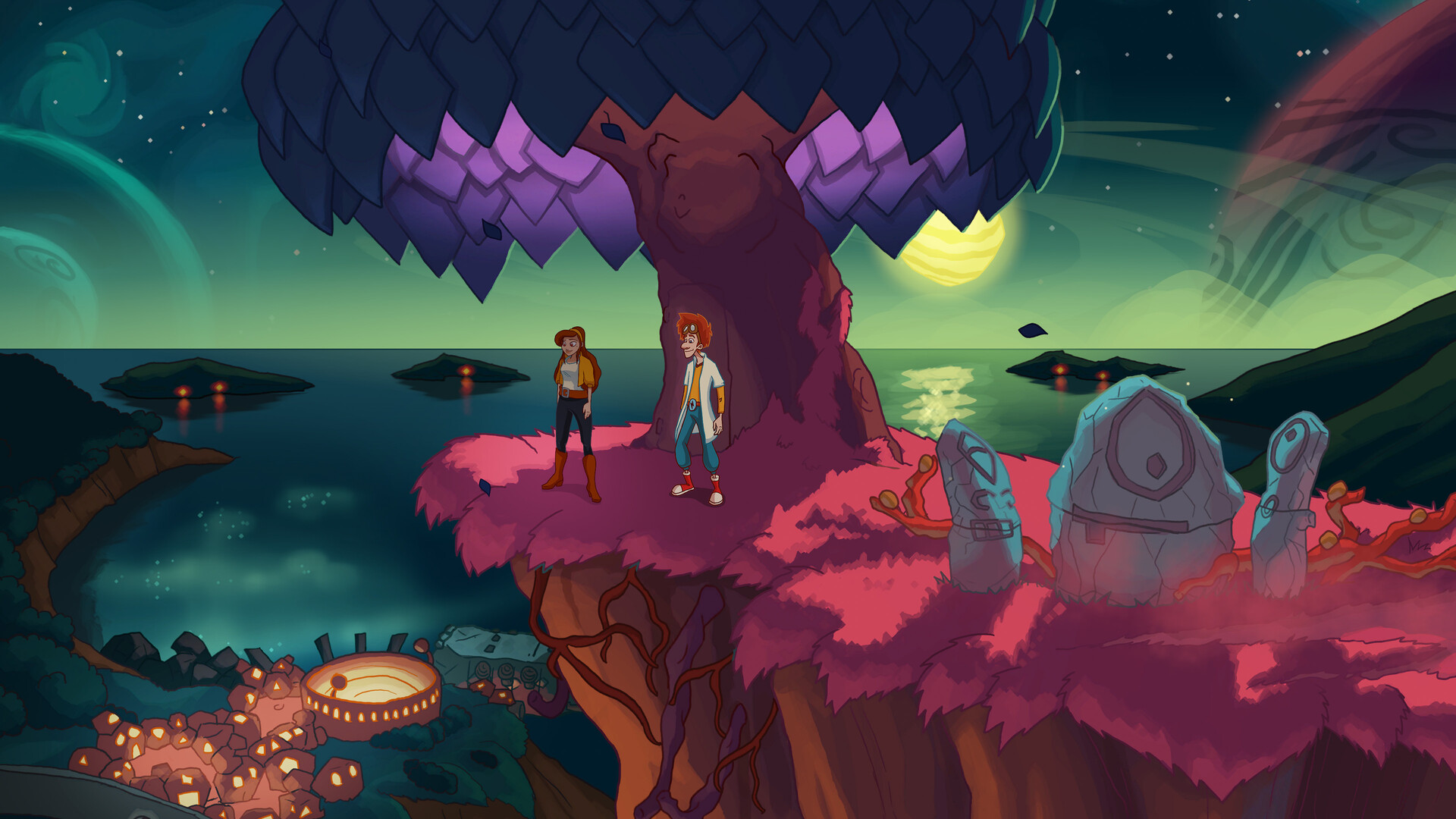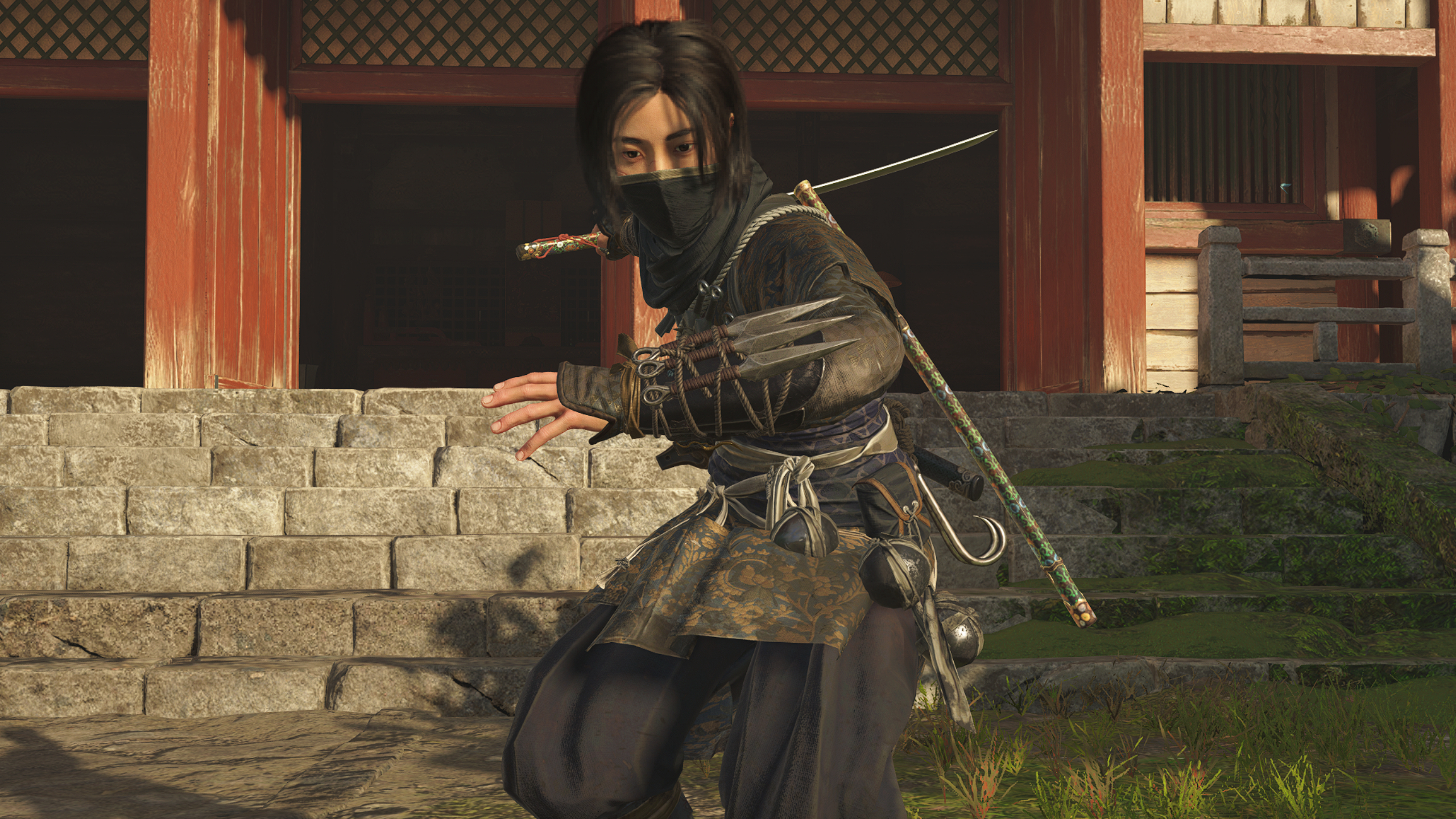Should you run Baldur's Gate 3 in DX11 or Vulkan?
That depends who made your graphics card. We've tested both APIs to make sure you're getting the most out of your hardware.
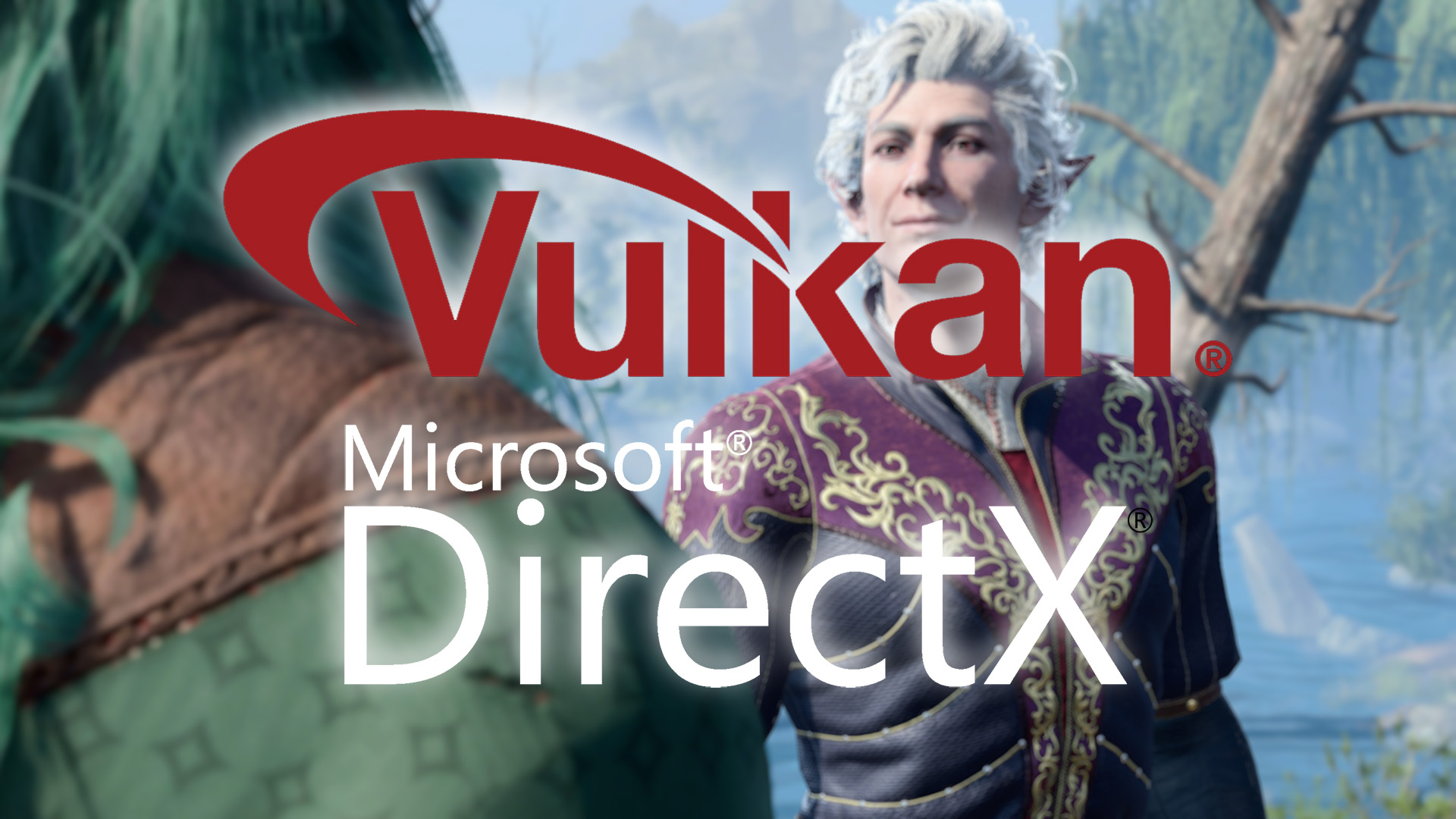
The first of many decisions facing you as you begin your adventure in Baldur's Gate 3 is which graphics API to run the game with. You have two options in the Larian launcher: DX11 and Vulkan. I've spent many hours testing both APIs across a range of resolutions to give you the pick of the bunch for your PC's hardware.
You'll need all the time you can get for the character creation screen, so I'll cut right to the chase.
Should I pick DX11 or Vulkan in Baldur's Gate 3?
For Nvidia graphics cards, DX11 is generally the better choice.
DX11 delivers up to 6–13% higher frame rates than Vulkan in my testing. This comes at a slight cost to 1% lows, which are as much as 7–12% lower with DX11. That means Vulkan may provide more consistent performance, as you won't see quite as large dips in performance. That said, the worst of the bunch, 0.1% lows, often were better on DX11, meaning frame rates with Vulkan enabled may sometimes dip lower than they would on DX11.
I highly recommend you turn on DLSS with a compatible Nvidia card (any RTX GPU) for the best performance. This both increases the average frame rate and 1% lows significantly while still maintaining a very high visual quality.
For AMD graphics cards, Vulkan is generally the better choice.
The Vulkan API generally offered higher average frame rates and higher 1% low frame rates in my testing. However, 0.1% lows did sometimes dip below what I saw with DX11.
The biggest gaming news, reviews and hardware deals
Keep up to date with the most important stories and the best deals, as picked by the PC Gamer team.
That said, an older thread on Reddit for the early access version of the game does suggest that there are more issues with the Vulkan API than DX11. I've not run into these issues in my testing, and they may no longer be present in the launch version of the game, but it's something to bear in mind if you do find visual errors occurring while you play. In that case, DX11 is a suitable alternative and performs well.
If you're in need of extra performance, FSR 1.0 is your only option with an AMD graphics card. Unfortunately, this is an older version of the technology than we'd like, and the visual quality takes a significant dip with it enabled, even when set to Ultra Quality mode. I would use this feature only if you're struggling to hit a steady 60fps.
For Intel graphics cards, Vulkan is likely the better choice.
I've not been able to test Intel's Alchemist graphics cards, however, it seems likely that Vulkan will provide the best results. The underlying architecture of Intel's Arc graphics cards has been designed for newer APIs, and historically the newer Vulkan API provides the best performance on these cards. Intel has been working on improved DX11 and older API support, but has admitted it is a work in progress.
Benchmarks



Test bench: Nvidia GeForce RTX 3080 10GB, Intel Core i9 12900K, 32GB G.Skill Trident Z5 RGB DDR5-5600, Asus ROG Strix Z690-F Gaming WiFi, 1TB Solidigm P44 Pro 1TB, Asus ROG Ryujin II, Gigabyte Aorus P1200W



Test bench: AMD Radeon RX 6800, Intel Core i9 12900K, 32GB G.Skill Trident Z5 RGB DDR5-5600, Asus ROG Strix Z690-F Gaming WiFi, 1TB Solidigm P44 Pro 1TB, Asus ROG Ryujin II, Gigabyte Aorus P1200W
In both cases, DX11 and Vulkan, you can expect pretty admirable performance out of Baldur's Gate 3. I'm yet to run into any issues or crashes despite clocking in quite a few hours of benchmarking so far, though the game is absolutely massive so time will tell if that sort of stability will remain for the entire campaign.
Here's what to do if Vulkan is locked to 60fps
If you're finding that Baldur's Gate 3 is locked to 60fps with Vulkan enabled, you may have to dip into your graphics drivers or Windows display settings to ensure your monitor is set to its fastest maximum refresh rate. Vulkan seems to take on the OS refresh rate, and that can mean you're left limiting your frame rate needlessly in-game. I didn't run into this issue with DX11 enabled.
What's the difference between DX11 and Vulkan?
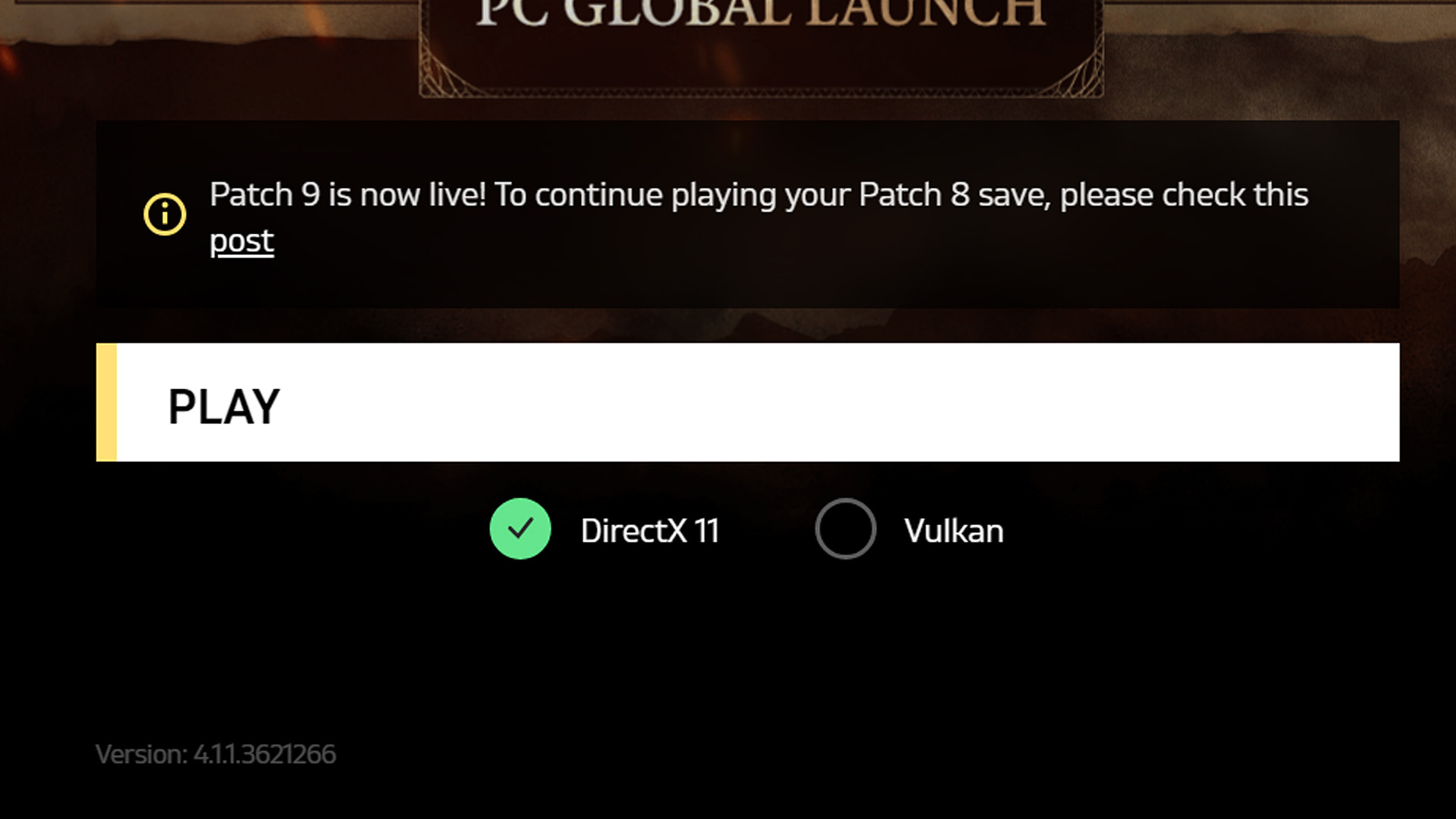
Both are graphical APIs which manage the underlying communication between the game and your PC's hardware. DX11 is made by Microsoft and Vulkan is made by the Khronos Group, which is a consortium of many major companies, including Nvidia, AMD, Apple, Arm, Epic, Intel, Valve, and more.
In theory, DX11 is outdated compared to Vulkan, which is a much newer and more regularly updated API. DX12 has generally replaced DX11, however, years of developing for the DX11 API has seen it stick around with decent performance even in modern games. Baldur's Gate 3 is using a the Divinity 4.0 engine, which is a revamped version of Larian's in-house engine it used for Divinity: Original Sin 2. That might explain why Larian has chosen to stick with DX11.
Developer Larian recommended Vulkan as the API of choice for Baldur's Gate 3 in early access. However, the launcher now appears to default to DX11 on start-up, which may suggest otherwise.
How to disable the Larian launcher once you're done
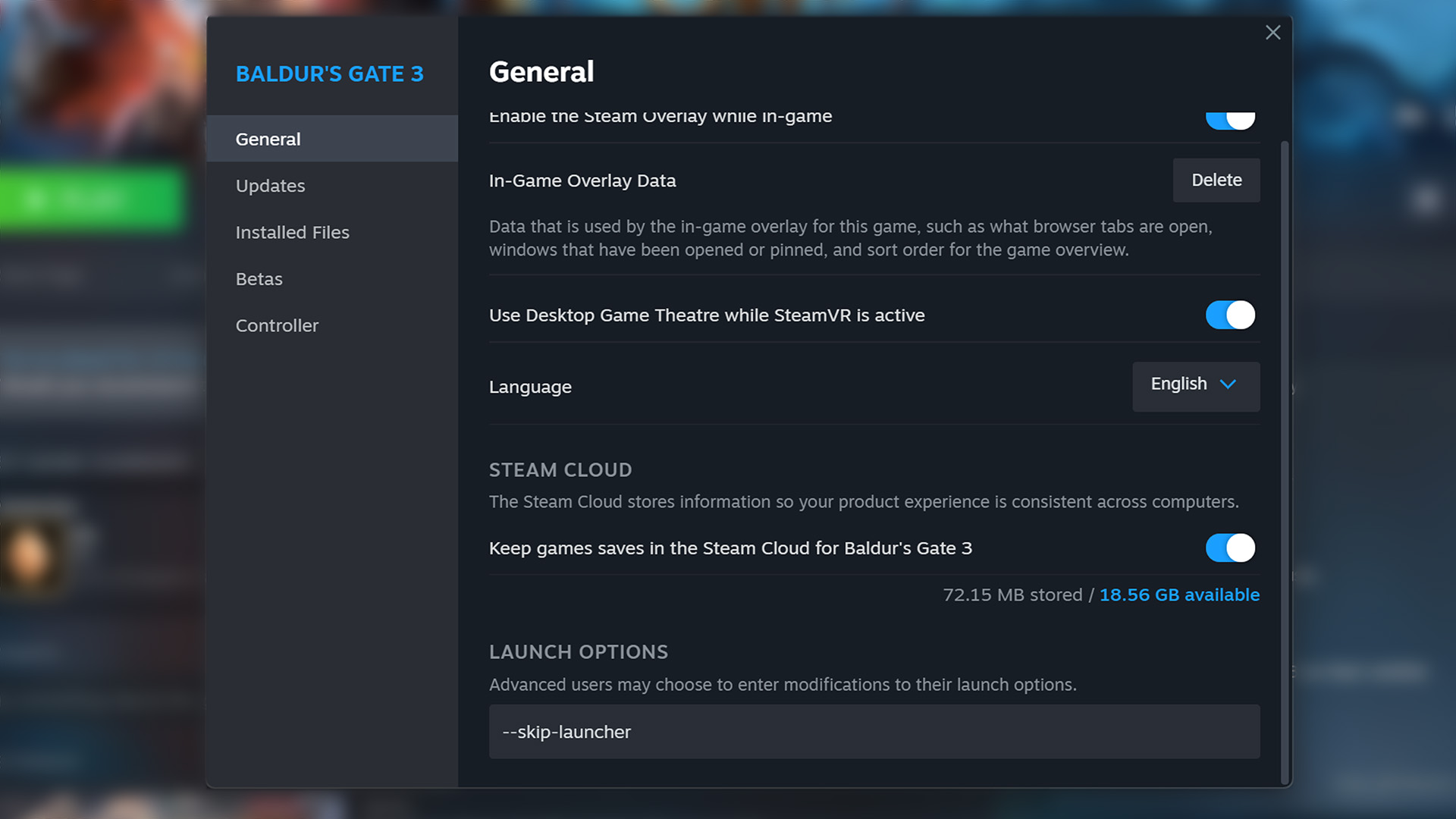
The Larian launcher pops up every time you boot Baldur's Gate 3 from Steam. It can be disabled with a simple Steam command, however. Just note that if you disable the launcher, you effectively tell the game to stick to the default API, DX11. I'm yet to find a working command to force the game to boot into Vulkan without selecting the API within the launcher.
How to disable the Larian launcher:
- Right-click on the game in your Steam library
- Navigate to Launch Options
- Enter: --skip-launcher
- Exit settings and you can now launch directly into the game.

Jacob earned his first byline writing for his own tech blog. From there, he graduated to professionally breaking things as hardware writer at PCGamesN, and would go on to run the team as hardware editor. He joined PC Gamer's top staff as senior hardware editor before becoming managing editor of the hardware team, and you'll now find him reporting on the latest developments in the technology and gaming industries and testing the newest PC components.



